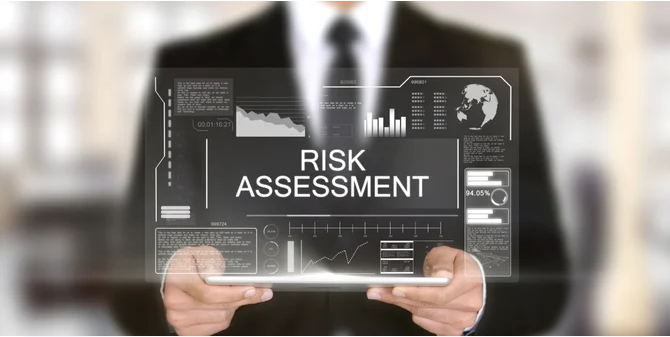Like it or not, the threat of cyberattacks targeting your business is an undeniable reality. Safeguarding your assets and sensitive information is imperative for the success of your enterprise. Therefore, prioritising the assessment of cybersecurity risks remains crucial, regardless of your industry or geographical location.
Experts emphasise that conducting a thorough cybersecurity risk assessment serves as a foundational step in fortifying your business against digital threats. This evaluation encompasses all facets of your technological infrastructure, including hardware, websites, internet networks, devices, and security systems.
Here are actionable insights to facilitate an effective risk assessment:
Make sure your IT systems are regularly updated.
As we have noted before, relying on outdated and unsupported software exposes your small business to heightened risks of ransomware attacks, malware infections, and data breaches. Cybercriminals often target obsolete software due to its known vulnerabilities, exploiting them to infiltrate systems and compromise sensitive information.
It’s crucial to envision various cyberattack scenarios to assess potential threats effectively. For instance, many businesses utilise cloud storage for data storage. Experts recommend collaborating with cloud storage providers to conduct risk assessments, identifying existing threats and implementing measures to bolster data security.
This proactive approach extends to all third-party IT providers. Regularly conducting prescribed threat assessments as part of your business relationship is a prudent step for all parties involved, ensuring comprehensive protection against cyber threats.
Identify specific threats.
Initiating scenarios where your business could face risks serves as an effective method to delve into the array of cyber threats prevalent today.
Foremost among these threats is hackers’ capability to circumvent security measures, gaining unauthorised access to systems, exploiting vulnerabilities, and potentially compromising critical data assets or introducing rogue programs into your IT infrastructure, as highlighted by RiskOptics.
Evaluate whether these scenarios or similar circumstances could potentially harm your business.
Assess the potential repercussions of a cyberattack.
Understanding or projecting the extent of damage such an attack could inflict on your business is invaluable. Adverse effects may encompass financial losses, operational disruptions, and potential harm to your company’s reputation, along with potential legal implications.
Educating your workforce about these adverse impacts can heighten awareness and emphasise the importance of prioritising IT security measures among all shareholders.
Schedule ongoing security reviews and software updates.
Having a clearer understanding of lurking threats is beneficial, especially if it catalyses a comprehensive organisational effort to assess the status of your security systems and assets.
Kaspersky advises regular reviews and updates to your cyberattack prevention strategy, particularly following any alterations to information storage and usage. This proactive approach ensures ongoing protection of your data to the best of your capability, empowering you to progress with confidence.
Continue to stay vigilant regarding potential future risks.
Initiating a thorough cyberattack risk assessment serves as a solid foundation for fortifying your business systems. Subsequently, it’s prudent to stay vigilant regarding the dynamic landscape of digital threats.
As highlighted by Entrepreneur, businesses can bolster their threat assessment capabilities by actively monitoring industry-specific threat intelligence sources and engaging in collaboration with cybersecurity experts.


